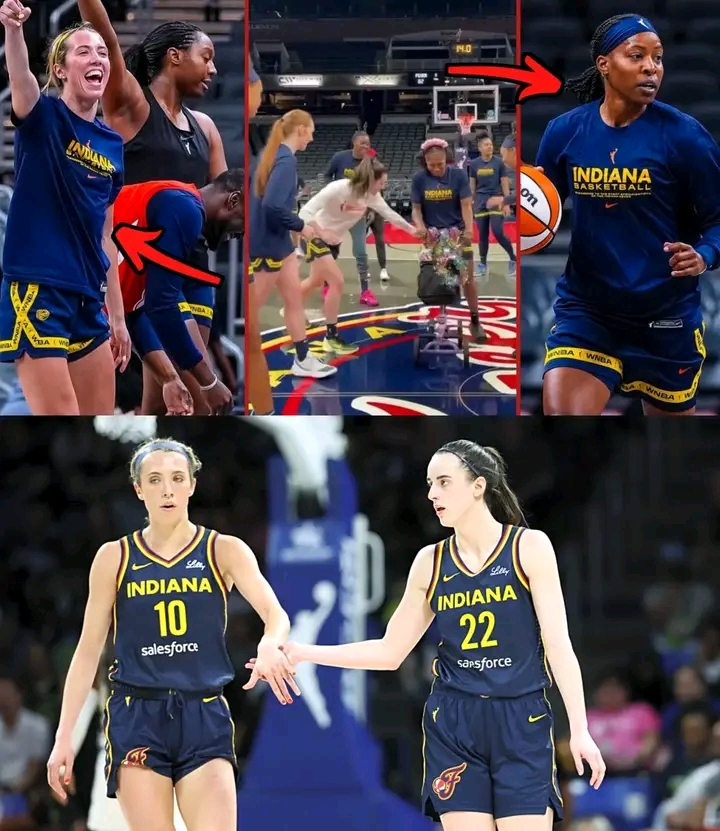
In a fusion of artistry and activism, iconic boy band Westlife and renowned performance artist Marina Abramović have come together to support the citizens of Belgrade in their ongoing protests against the Serbian government’s increasingly draconian measures. This unexpected alliance has captured the attention of the global community, drawing the spotlight onto the turbulent political landscape in Serbia and the rise of civil unrest.
The Background of the Protest Movement
The protests in Belgrade began as a response to a series of controversial government policies, including restrictions on free speech, media freedom, and the suppression of dissenting voices. Frustration and anger have boiled over in recent months, with citizens rallying to demand transparency, democratic reforms, and accountability from their leaders. The government’s draconian measures, including the heavy-handed response to protestors and censorship of independent media, have ignited widespread discontent, leading to an unprecedented mobilization of the public.
Westlife: A Voice for Change
Known for their heartfelt ballads and decades-long career in the music industry, Westlife has stepped into the political arena, lending their voice to advocate for human rights and democratic freedoms. The band, comprised of Shane Filan, Mark Feehily, Kian Egan, and Nicky Byrne, announced their support for the Belgrade protests during a live-streamed concert event on Netflix.
In this unprecedented showcase, Westlife performed a selection of their classic hits alongside a powerful message of solidarity with the Serbian people. This concert became a platform to amplify the voices of those fighting against oppression, with band members calling for an end to government suppression and urging fans around the world to support the cause.
The concert, streamed globally on Netflix, broke barriers between entertainment and political activism. Westlife’s decision to engage with a sociopolitical issue resonates deeply with their fanbase, which spans multiple generations, and highlights the role artists can play in advocating for change.
Marina Abramović: Art as a Protest Tool
Marina Abramović, the avant-garde artist known for her provocative performances and exploration of human connection, has also thrown her weight behind the protest movement in Belgrade. With a rich history of using her art to confront societal issues, Abramović’s participation adds a layer of intellectual and emotional depth to the protests.
In a powerful statement, she expressed her solidarity with the protestors, stating, “Art must serve the people, especially in moments of crisis. It is our duty as creators to stand up against injustice and to support those who fight for their rights.” Abramović has organized a series of live performances and installations in Belgrade, inviting citizens to participate and express their frustrations through creative means.
These performances not only serve as a form of protest but also invite introspection and dialogue among participants, reinforcing the idea that art can be a powerful catalyst for social change.
The Impact of the Alliance
The unexpected alliance between Westlife and Abramović has garnered significant media attention. It has reignited conversations about the intersection of art, celebrity influence, and political activism. In an age where social media shapes narratives and public opinion, the engagement of high-profile artists and musicians can significantly amplify grassroots movements.
By leveraging their platforms, Westlife and Abramović are encouraging a global audience to take notice of the plight of Serbian citizens. This collaboration also emphasizes the importance of solidarity across borders, reminding us that the fight for human rights is a universal struggle.
The Role of Streaming Platforms in Activism
The role of streaming platforms, like Netflix, in promoting activism has become increasingly significant. By hosting the concert for free, Westlife and Netflix are ensuring that anyone, regardless of their economic background, can access the performance and learn about the situation in Serbia. This innovative approach to activism through entertainment allows important messages to reach a broader audience, transforming how we engage with social issues.
Additionally, Netflix’s involvement emphasizes the responsibility of media conglomerates to support social causes. As consumer preferences continue to shift towards companies that advocate for positive change, we may see more entertainers collaborating with protest movements in the future.
Looking Ahead: The Future of the Protests
As the protests in Belgrade continue to gain momentum, the collaboration between Westlife, Abramović, and local activists represents a turning point for civic engagement in Serbia. It showcases the potential for cultural figures to drive change and mobilize support for pressing issues.
The Serbian government is now facing international scrutiny, which may force it to reevaluate its stance on dissent and civil rights. While the outcome of these protests remains uncertain, the courage of the Serbian people, combined with the support of global icons, has undoubtedly thrown a spotlight on the importance of fighting for one’s rights.
Conclusion
The recent partnership between Westlife, Marina Abramović, and the protestors in Belgrade is a remarkable demonstration of how art and activism can intersect to challenge oppressive regimes. It serves as a reminder that, regardless of genre or medium, artists have the power to inspire, mobilize, and effect change. As the world watches, the events in Serbia may shape a broader narrative about resistance and the enduring quest for freedom in the face of adversity.





